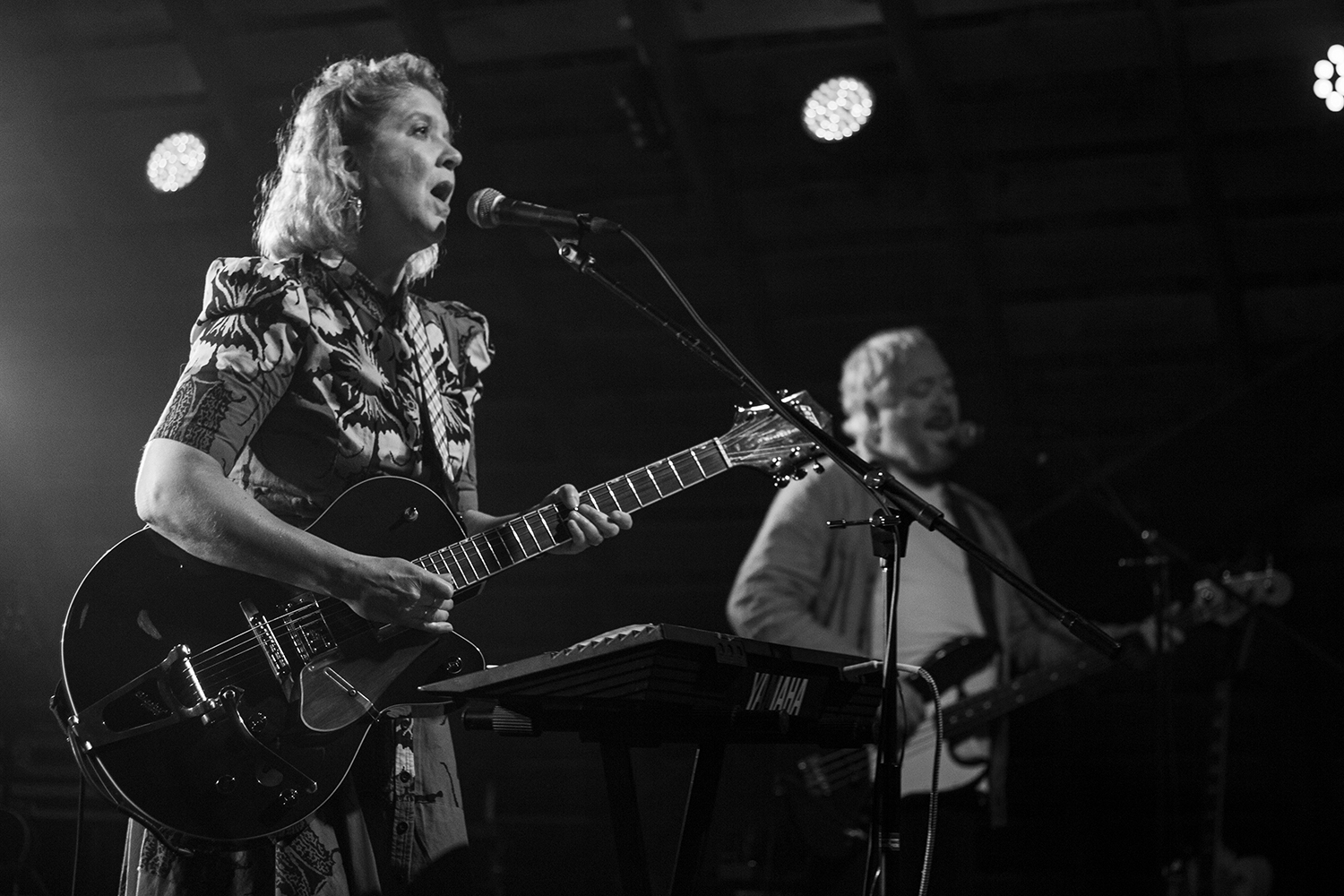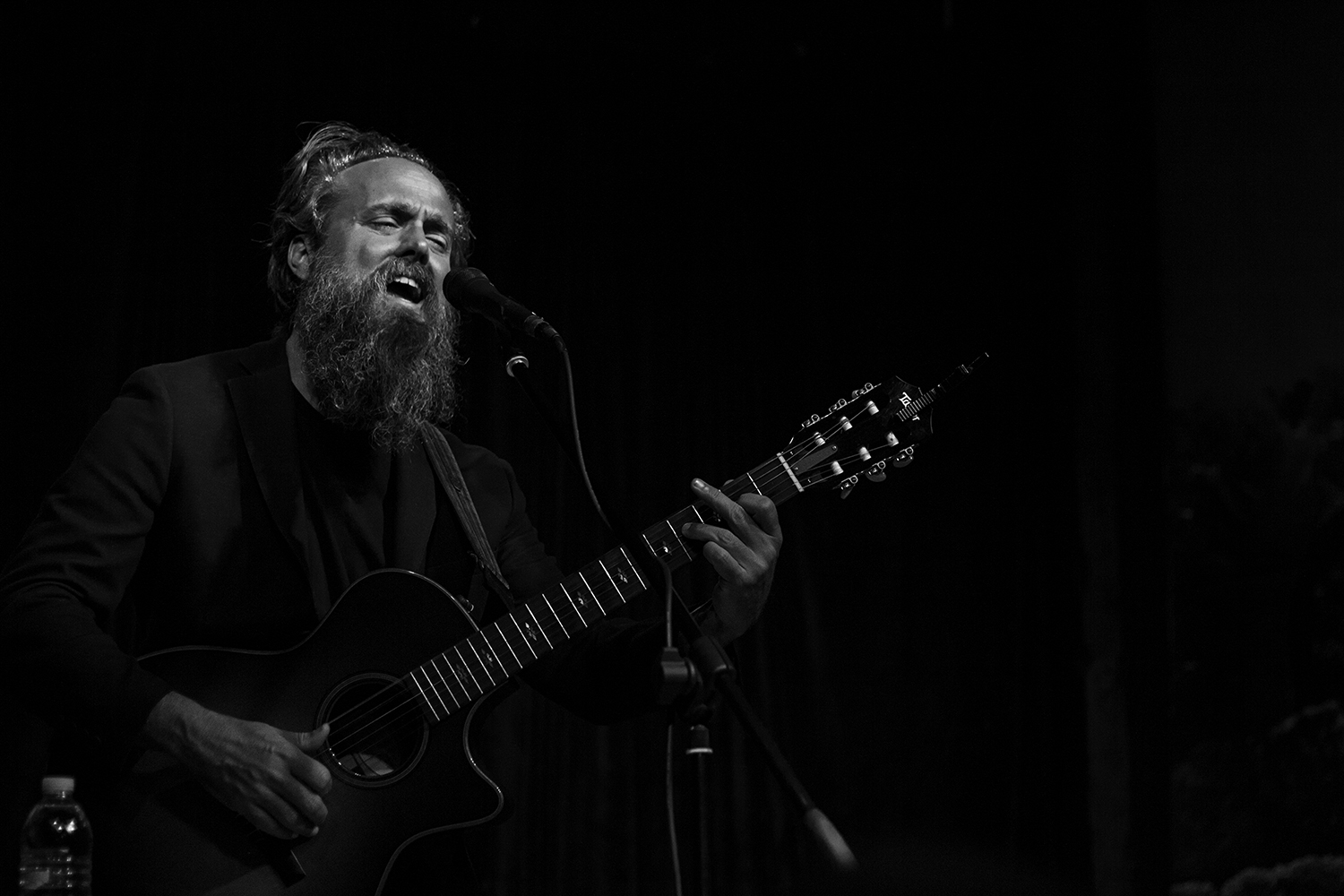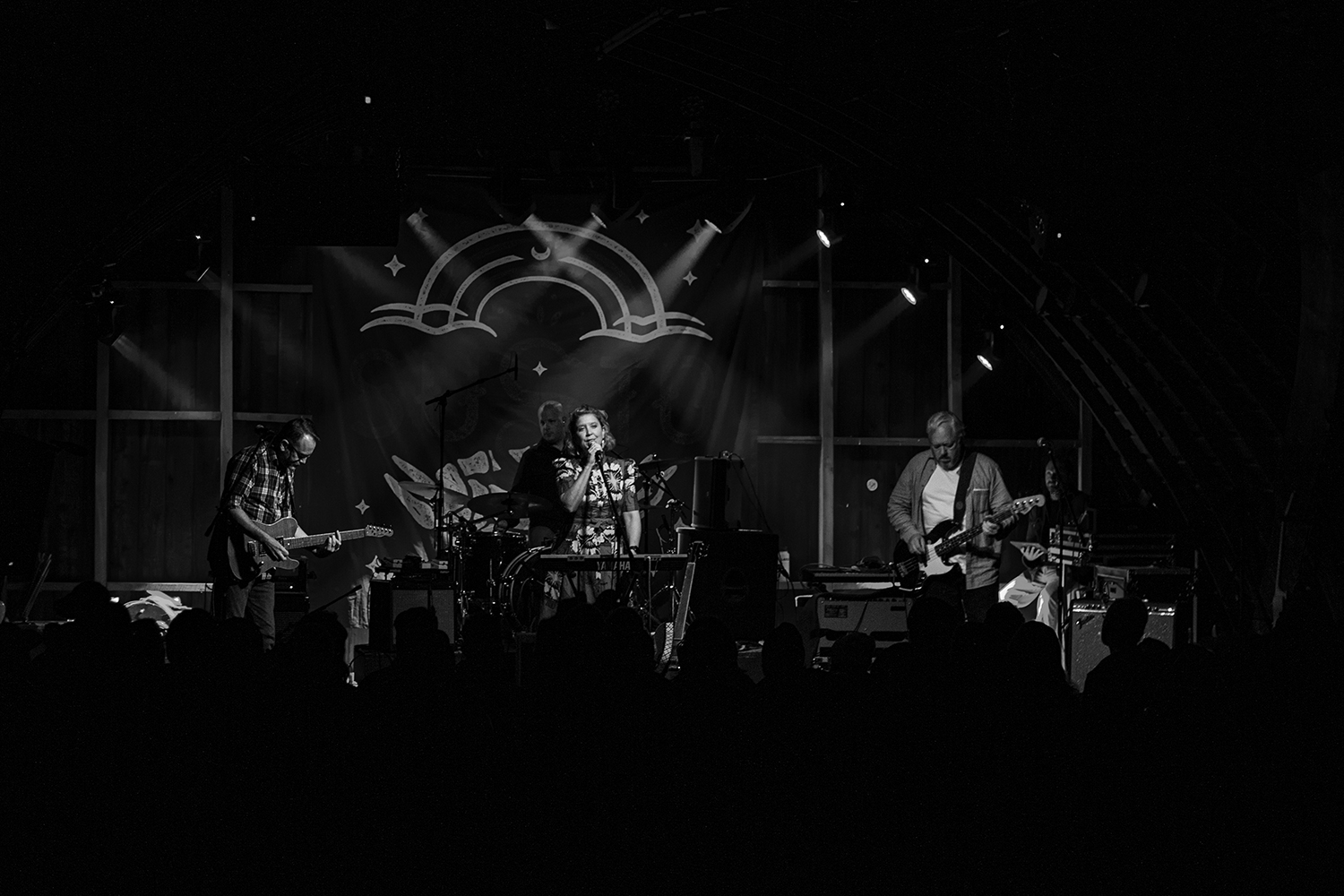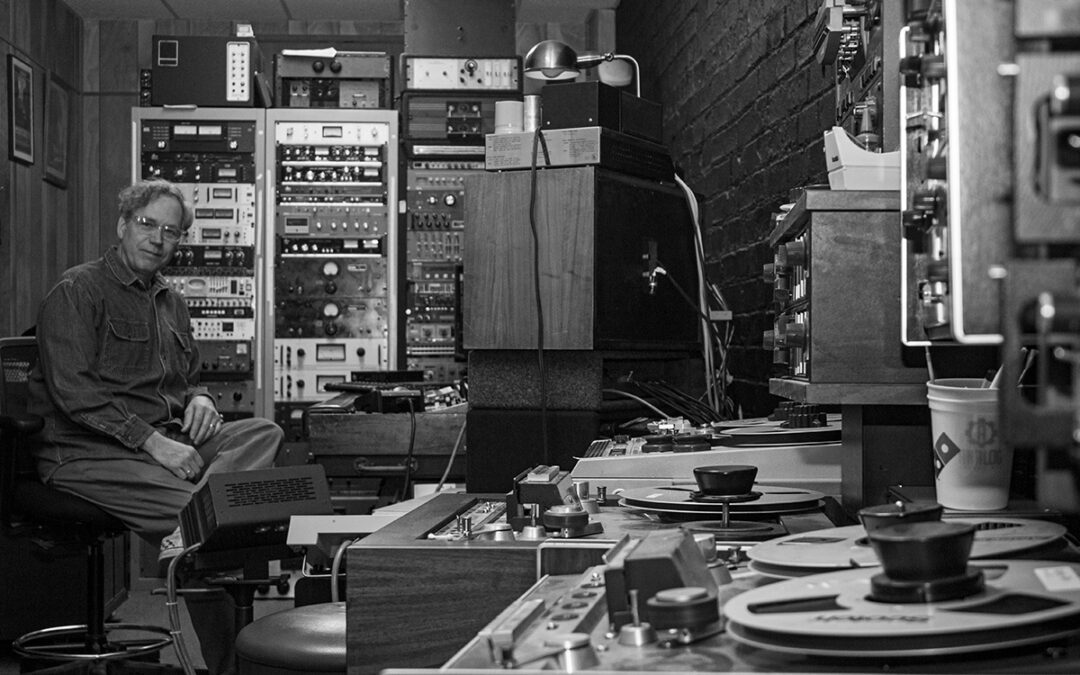
Studio of the Month:
Web:
Social Media:
Address: 311 21st St, Rock Island, IL 61201

Echo: How did you get into the music studio business? Were you (are you still) playing in any local bands in the area, or does your interest focus mostly in music production and not creating the music, so to speak?
Pat (Futureappletree): I got into the business by being the guy who had the recorder, really. And I like recording. I had various setups. 4 tracks, 8 tracks, adat, etc. I was playing in a couple indie rock bands…otis and then the multiple cat. I now play bass in a band called running man. I’d say I’m more interested in playing music and working on electronics these days.
Echo: Are there any specific genres or artists you’ve really enjoyed working with throughout your career, why so? Is there any specific style of music/musician that you believe your studio/production style excels at?
Pat (Futureappletree)I’m more into odd stuff, off kilter rock and folk. I worked for daytrotter the entire time they were around so lots of different genres. I’ve always liked off the wall twisted kind of things, all over the place. I’d say I’m best at lighter quirky kinds of rock and folk.
Echo: For the artist, what is the best way for them to make sure their track is recorded and produced to the best quality when they come in for a session? Of course time/costs can play a major role, outside of practicing/having songs dialed in, are there any suggestions you have for an artist in preparation for time in the studio?
Pat (Futureappletree): Have reasonable expectations and be ready to describe what you’d want in the end. Cost is always a factor. Most of the things I gravitate toward are younger bands who have no money, so they end up not being able to spend time on things. I need to pay the bills so Ineed to charge, but it feels funny because these people are not earning a lot.
As far as preparation I’d double down on what was already there…practice. I’m all analog, or 95%, so performance is everything. We can punch in and edit a bit, but you just have to be ready to play.

Pat (Futureappletree): If I use a daw I use Reaper. It’s the only one I’ve ever kind of liked. It’s really easy. I had pro tools and hated it. I used cubase a while and it was ok.I use Reaper like it’s a tape recorder. I use the tape mode. No saving layers.
As I said, I’m 95% analog. 16 track 2″, 8 track 1″, ¼,” and ½” mix-down decks. I’m working on a ½” Ampex 4 track. Computers sound fine, but I like the analog workflow.
Echo: With so much technology involved, what are your favorite pieces of gear made available to artists that use your studio? Are there any pieces of gear that make your studio even more unique and/or help the studio stand out?
Pat (Futureappletree): I really like my old Urei 1176 units and my Neumann u47 fet mic. I have several tube limiters and the like. I like tape delays and ribbon mics. I have a lot of old synths and amps and guitars and pedals. I like older things. I’m not sure most people really get what it all is. I’ve had to explain what stereo vs mono is to clients.
Echo: We know artists will always attempt to make audio recordings in their own home? Are these recordings something you can traditionally/commonly work with? If so, what’s the best way for them to do so? If not what causes the biggest issue with home recordings?
Pat (Futureappletree): I think home recording is great. I’ve done some mixing of things people recorded and I like doing that. It saves time and money. I think it’s fun to mix stuff that was recorded less than perfect…it gives it character. It just has to align with expectations. I think artists should just record what they want, how they want, and not worry about it. The only big issues can be noise and some phase problems.

Pat (Futureappletree): Well, I’m kind of not doing much recording anymore since covid, and that’s fine. Hurdles would be matching the artist’s drive with my ability to stay energized. Artists are really hot to work and I tend to forget I need a break, especially when doing overdubs. Each band member rests and then is pumped up, but I’ve been working the whole time. They don’t get how grueling it is. When I look at having 3-7 days in studio I get really crabby.
When we get to work I feel better, but it’s still a big shift from my normal life which is to do what I want when I want. Coffee helps and just insisting on a schedule that includes breaks and down time. Another hurdle is watching bands make the same mistakes over and over. They don’t see what they’re doing, but I do. They make choices that don’t serve the project, and it suffers as a result. They don’t take chances. They second-guess and overthink. It gets boring to me and is part of the reason I stepped back from working.
I’m not sure how to overcome that except to have a producer, and that just doesn’t happen much anymore.
Echo: In closing, what music/musicians have you been hooked on recently, & are there any local artists you’ve worked with that we should be on the lookout for/more people should know?
Pat (Futureappletree): I like the bands I work with…Subatlantic and The Velies. They’re local. Both like to work together and try new things. As far as bands at large, there are quite a few. I really like Rolling Blackouts cf, Parquet Courts, Tiny Ruins, Hot Chip, (as well as) lots of mellow female folk like Weyes Blood etc. I’m not into any rap or country or new metal.











